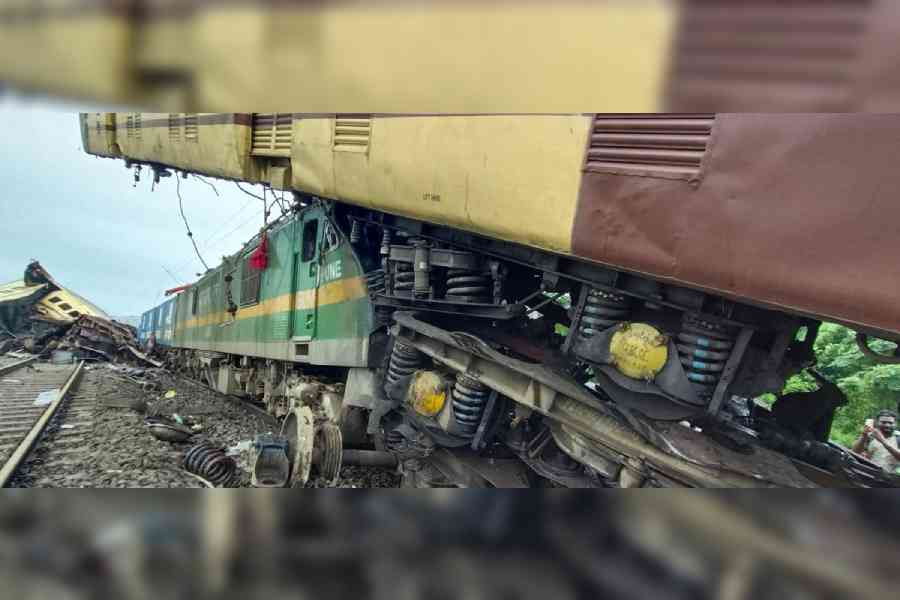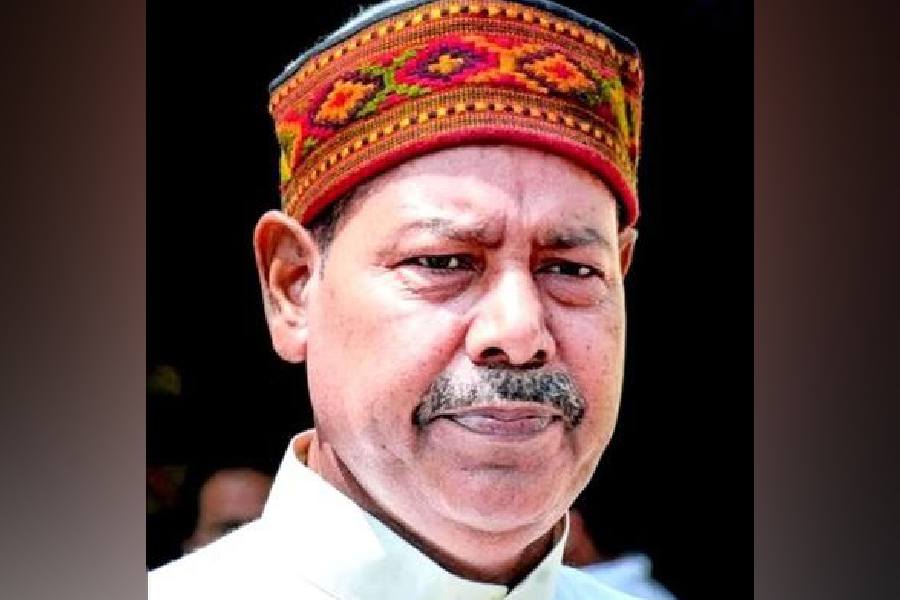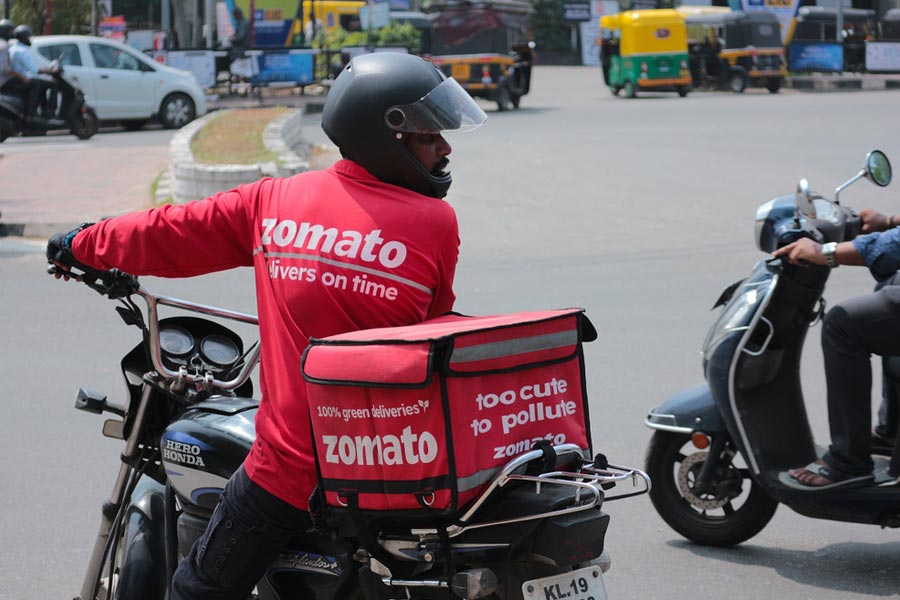The Northeast Frontier Railway (NFR) has suspended four employees for dereliction of duty in connection with the June 17 accident near Rangapani station on the outskirts of Siliguri.
Ten persons, including three railway employees, had lost their lives when a goods train rammed into the rear of the Sealdah-bound Kanchanjunga Express.
“The railways have suspended four persons, including the train manager (guard) of the goods train and the station manager of Rangapani station in connection with the accident. The inquiry is still in progress,” said Chetan Kumar Srivastava, the general manager of NFR on Friday, during a visit to Alipurduar division of the railway zone.
Railway sources said the other suspended people were the signal technician of Rangapani and a track technician.
Several questions had cropped up about the functioning of the signalling system after a preliminary inquiry revealed that the accident was caused by a snag in the automated signalling system along the stretch between Rangapani and Chaterhat stations.
A section of loco pilots had mentioned that wrong forms (manual instructions provided to loco pilots to run trains at a specific speed while following certain guidelines when the automatic signals are not working) were issued to the driver of the goods train which led to the accident.
Srivastava said that no one commits mistakes intentionally.
“The accident is a warning for all of us. I am asking loco pilots to follow whatever they are taught and there is no question of any shortcut. Loco pilots are to be mentally and physically fit and they are provided the highest training compared to other staff members of the railways,” he said.
Such an assertion from the top brass of NFR has prompted representatives of the railway employees’ association to respond.
K.C. James, secretary-general of the All India Loco Running Staff Association, said the railways cannot avoid such accidents by taking steps against employees like a station manager or a crew as it was the failure of the system.
“Failure of automatic signalling for hours is the responsibility of the entire system. So, punishing a station manager or a few employees can’t help the railways in avoiding such accidents in future,” said James.
V.B. Singh, general secretary of the Eastern Railway Trinamool Men’s Congress, said they had claimed immediately after the accident that the loco pilot of the goods train could not be blamed.
“Today it has been proved that the loco pilots of the goods train should not be blamed before the full-fledged probe,” said Singh.
In Alipurduar Junction station, Srivastava along with Amarjit Gautam, the divisional railway manager of Alipurduar, visited the crew lobby where he was briefed about a model of the automatic block system.
“I have asked the Katihar division (of NFR, where the accident had occurred) to make a similar model to train the loco pilots. During counselling of the running staff, the model will be useful. In the Alipurduar division, the work for the automatic block system will commence in another three months. Simultaneously, we are trying to introduce the anti-collision device here,” he said.
Rail projects
Srivastava said the Sevoke-Rangpo rail route, which will bring Sikkim to the Indian railway map, will be ready by December 2025.
“The survey of the 72km-stretch between Kokrajhar (in Assam) and Gelefu (in Bhutan) is in progress. The estimated cost of this project (through which Bhutan will get rail connectivity for the first time), is around ₹3,000 crore,” he said.











